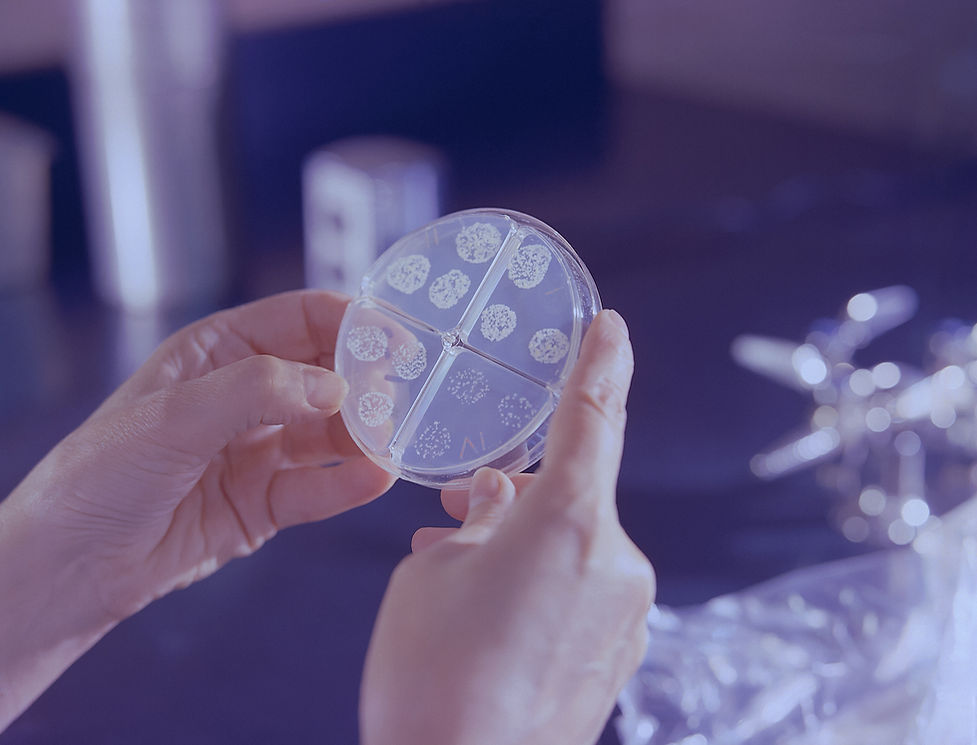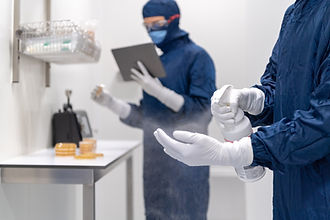
OUR TECHNOLOGY
GLOBAL QUALITY MANAGEMENT
GLOBAL QUALITY CONTROL STANDARDS
We uphold stringent quality control measures to ensure the highest standards of excellence in every product we deliver. Equipped with global certifications and backed by over 55 countries' exporting experience, we have established ourselves as leaders in the industry.
Our team of quality experts, along with state-of-the-art equipment, meticulously assess all materials and oversee every aspect of the production process. From inception to final product delivery, thorough inspections are conducted at every stage to guarantee superior quality.
With our world-class quality control system, we ensure that our products meet the diverse criteria of various countries, consistently delivering excellence on a global scale.
LINE AUDIT SYSTEM
ELEVATING QUALITY ASSURANCE
As a testament to our commitment to transparent quality management, our Line Audit System upholds the highest standards of excellence. Operating independently from the production team, auditors oversee production processes in real-time on each production line.
These auditors possess the autonomy to promptly report any potential errors directly to management, ensuring swift resolution and maintaining the integrity of our quality control measures. With this system in place, we guarantee a higher level of transparency and adherence to quality standards throughout our manufacturing processes.

GLOBAL CERTIFICATIONS
To ensure the production of probiotics meeting the highest quality standards, our facilities undergo GMP inspections and hold certifications including Halal*, Kosher*, Codex HACCP, ISO9001, enabling us to export to over fifty countries worldwide.
* Certified Products Only
GMP

Korea Ministry of Food and Drug Safety (MFDS)

ISO9001
Lloyd’s Register

MUI Halal
LPPOM MUI

Kosher
OK Kosher

FDA GRAS Notice
U.S. FDA

CODEX HACCP
Lloyd’s Register

Kosher
Ko Kosher

BPOM
Indonesian Food and Drug Control Agency

Environmental Management System (EMS)
Environmental Management System (EMS) is an internationally recognized standard developed by the International Organization for Standardization (ISO). It provides a framework for organizations to effectively manage and improve their environmental performance. Compliance with ISO14001 helps companies identify and mitigate environmental impacts, reduce resource consumption, and enhance sustainability practices.
Forest Stewardship Council (FSC)
In addition to ISO 14001 certification, we prioritize responsible sourcing by using Forest Stewardship Council (FSC)-certified materials. This ensures that our wood and paper-based products come from responsibly managed forests, supporting conservation efforts and promoting sustainable forestry practices.


Printed with Soy Ink
Furthermore, we are proud to use soy ink in our printing processes. Soy ink is derived from renewable soybeans and offers environmental benefits such as reduced emissions and improved recyclability compared to traditional petroleum-based inks.

